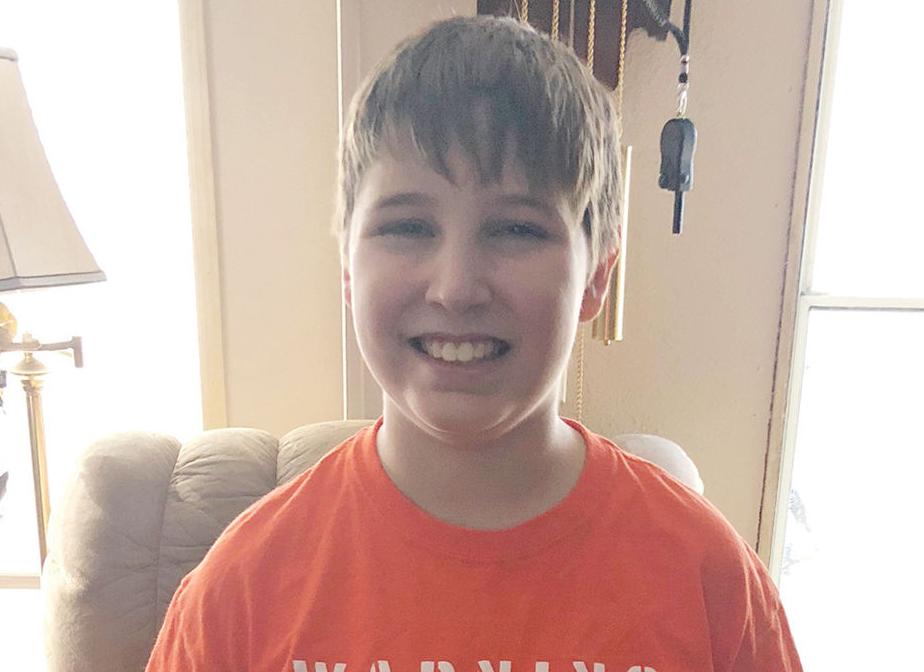
The worries that young people confess to clinical psychologist Amy Mariaskin have changed drastically over time.
Just a few years ago, they stressed about stereotypical pre-teen and teenage problems, such as how to fit in.
Today, they fear they will die in a mass shooting.
“I’ve seen a shift from the sources of anxiety,” said Mariaskin, director of the Nashville OCD and Anxiety Treatment Center. “It went from, ‘Does this person like me?’ or ‘Am I going to be successful?’ to ‘What’s going to happen to my country?’ and ‘Am I going to be targeted?’” (Excerpt from an article by David Plazas in the Nashville Teneseean- read more)








